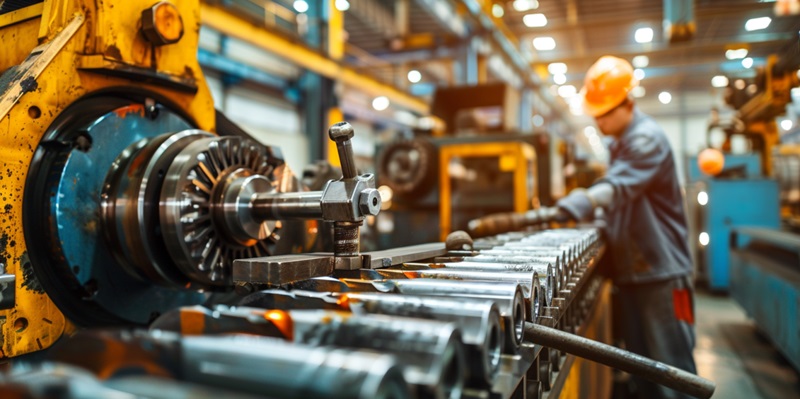The construction industry is on the cusp of a transformative wave driven by artificial intelligence (AI). As digital technologies infiltrate the sector, we are witnessing an unprecedented integration of AI in construction machinery, leading to enhanced safety, efficiency, and productivity across the board.
The Dawn of AI in Construction
Enhancing Operational Efficiency with AI
The application of AI at construction sites is revolutionizing the way machines operate. With advanced algorithms capable of processing vast amounts of data, construction equipment can now make intelligent decisions in real time. This prevents downtime caused by equipment malfunction or human error, effectively maximizing the utilization of machinery on-site. Additionally, AI-powered analytics can forecast the need for maintenance, ensuring machines are serviced timely, further reducing the risk of unexpected breakdowns and project delays.
Improving Safety and Precision
AI technology has brought about dramatic improvements in the safety protocols of construction machinery. By incorporating machine learning and sensors, equipment can now identify potential hazards and mitigate risks autonomously. This not only protects workers from accidents but also leads to more precise operations, thereby elevating the overall quality of construction work. Smart machines can execute complex tasks with greater accuracy than ever before, thanks to AI that enables them to learn from past experiences and continually improve performance.
Empowering the Workforce with AI Skills
Upskilling Workers for the AI Era
The advent of AI in construction machinery demands a skilled workforce capable of harnessing these new tools efficiently. Upskilling initiatives, such as South Korea’s AI Skills Enhancement Project, play a crucial role in educating workers on AI technologies and their applications. By providing specialized training, workers transition into tech-savvy operators who can adeptly manage and interact with intelligent machines. Such training not only future-proofs jobs but also opens new career paths in an AI-driven construction industry.
Addressing the Challenges of Transition
Embracing AI comes with its set of challenges during the transition period. Change management strategies must be developed to facilitate the shift toward AI-enabled operations. These include addressing labor market impacts, redefining job roles, and ensuring a seamless integration of AI technologies while maintaining a high level of service and quality. The pathway to an AI-empowered construction industry requires a collaborative effort to redesign education for current and future construction professionals, align policies with new technological standards, and sufficiently prepare the workforce for this technological revolution.
The adoption of AI is changing the face of the construction landscape, making it smarter, more effective, and ready to tackle the challenges of modern infrastructure demands with confidence. This AI-driven evolution promises to shape the future of construction, introducing a new era of innovation and excellence in the industry.

